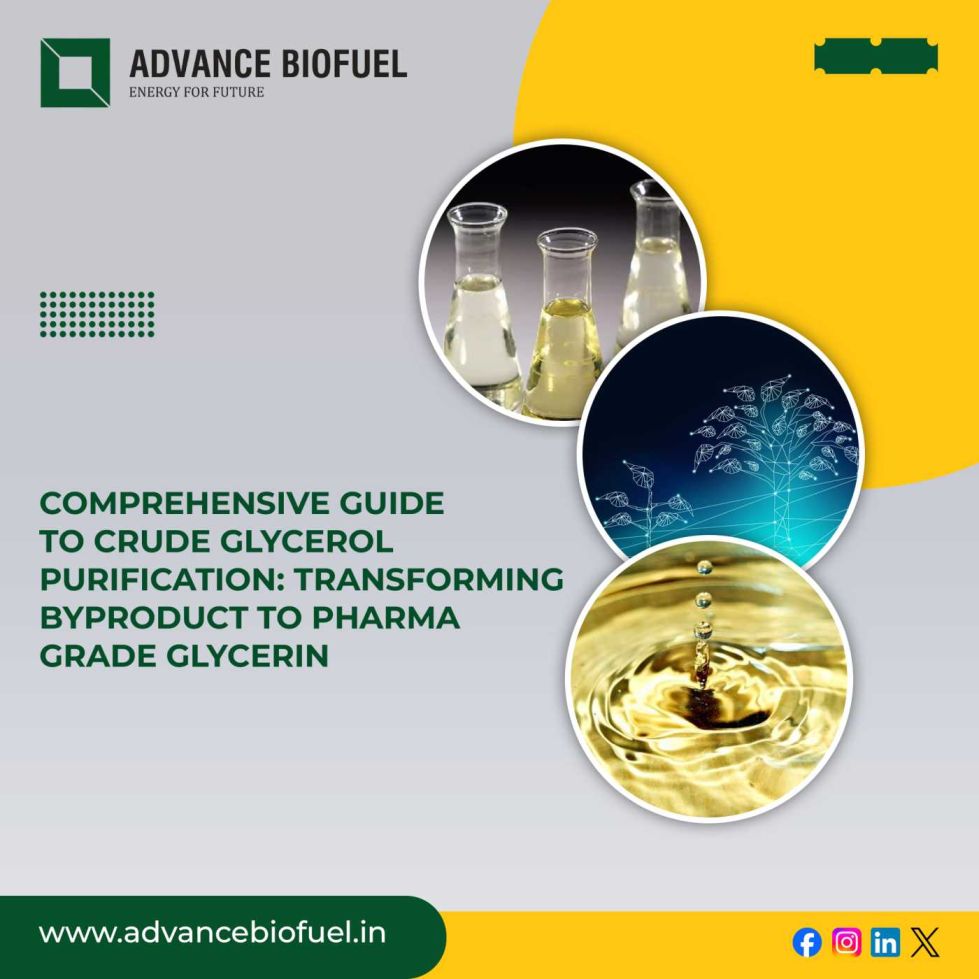
Global Biofuels Market Projections: 2025-2035 Outlook
As the world intensifies its efforts to combat weather exchange, the worldwide biofuels market is set to revel in unheard-of growth between 2025 and 2035.
• Fuel Ethanol production Plant • Biodiesel production Plant • Essential Oil plant • Fuel Hydrogen Production plant • Pharma Grade ENA Spirit Production Plant • Alcohol Production Plant • Petrochemical Refinery Plant • Distillation Plant • Lubricant Production Plant • Resins Production Plant • Pyrolysis Plant

As the world intensifies its efforts to combat weather exchange, the worldwide biofuels market is set to revel in unheard-of growth between 2025 and 2035.

India’s biofuel industry is witnessing significant growth, driven by government policies, subsidies, and increasing environmental concerns. The government has introduced strategic initiatives to boost advanced

In an era in which climate alternate and environmental challenges dominate worldwide conversations, sustainable energy solutions have turned out to be imperative. Advance Biofuel stands

Crude glycerol is a byproduct of the biodiesel production process, which is obtained during the transesterification of vegetable oils or animal fats with alcohol. Crude

Renewable energy has become a cornerstone of world efforts to combat climate trade and decrease dependence on fossil fuels. Among numerous renewable electricity assets, biofuels

Biodiesel has emerged as a leading player in the global competition for sustainable energy. Its adventure from an experimental gas to a mainstream electricity supply
We have extensive experience in designing and building production plants for different industries such as chemical, pharmaceutical, food and beverage, biofuel, and many more.
Monday - Friday 10:30 AM to 6:00 PM
Saturday 10:30 AM to 04:00 PM
+91 93772 22202
+91 8320261072
info@advancebiofuel.in
sales@advancebiofuel.in
Our company is a leading provider of production plants for a variety of industries.
807, Akshat Tower, Nr. Pakwan Dining Hall, Sarkhej – Gandhinagar Highway, Bodakdev, Ahmedabad, Gujarat – India – 380054.

Copyright @2025. All Rights Reserved
